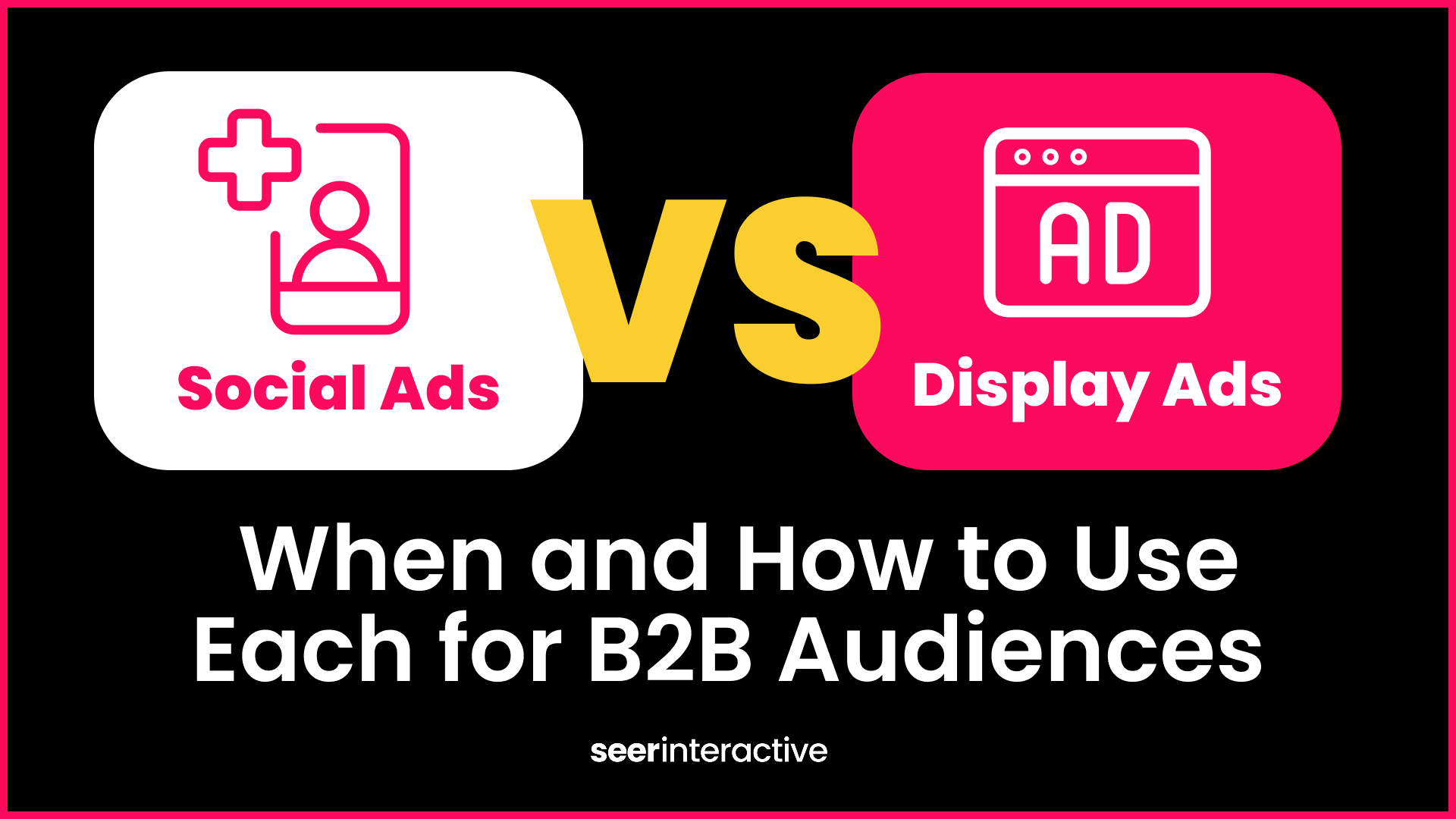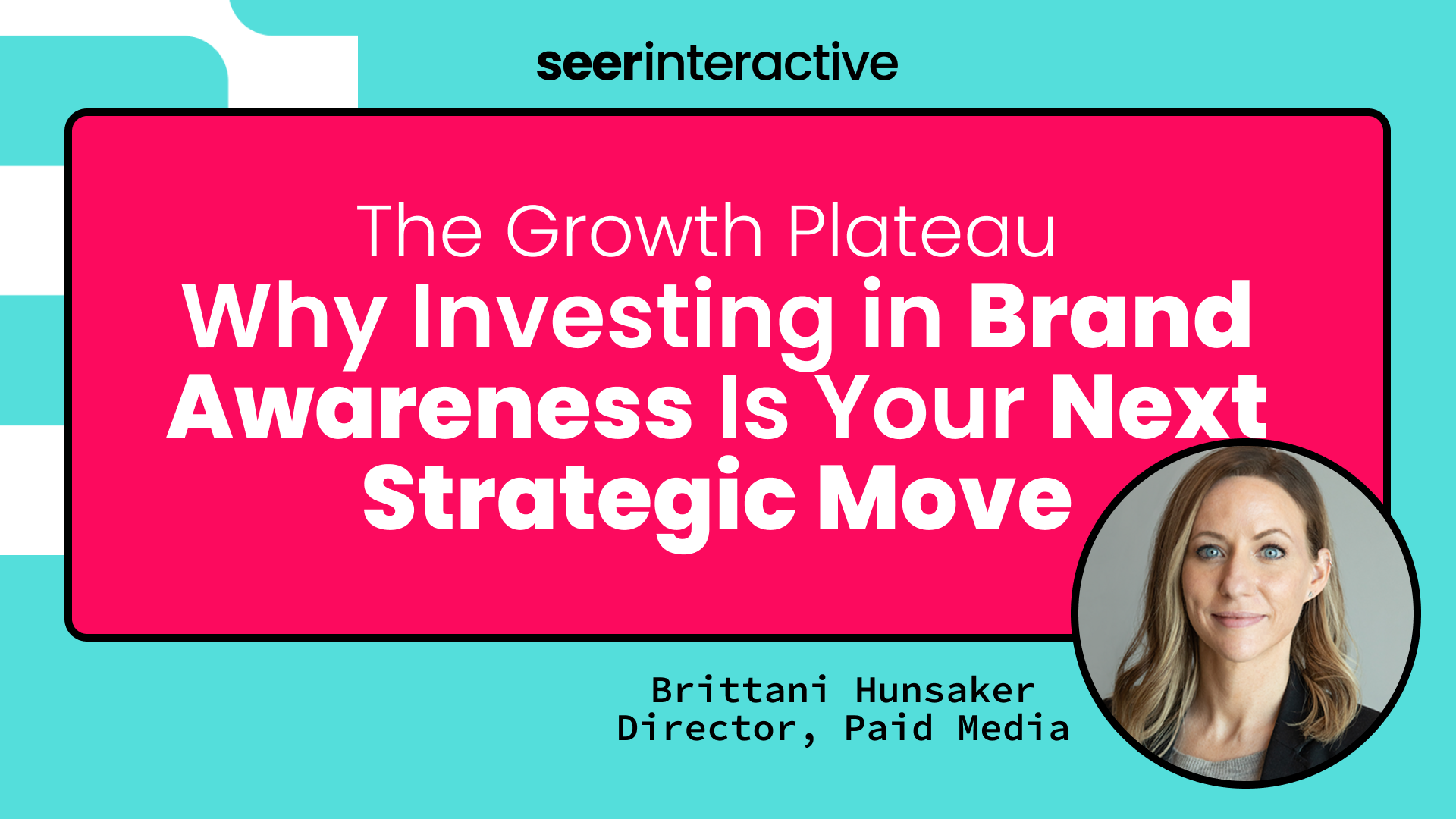Who Comes After Gen Z?
Do you want to know what makes me feel old (besides seeing butterfly clips and platform flip flops in style again)? My son’s age group has a label and they are Generation Alpha. Although different sources have varied age ranges, members of Gen Alpha were born around 2009 - 2024 and in some households, they're the younger siblings of the coveted Gen Z. It’s been three sentences and I feel like I already sprouted another gray hair. Before we talk about how to market to Gen Alpha, let’s learn a little more about them.
Early Gen Alpha Insights
These kids are the most technology immersed generation, which really is no surprise. Due to this exposure to technology and fast internet, some analysts say that Gen Alpha will be impatient. Another key thing to look at is their living situation. Compared to the previous generations in the last 100 years, Gen Alpha is more likely to spend some or all their childhood without living with both of their biological parents.
Based on research, analysts predict that Gen Alpha will more than likely be the best-educated generation and will be the wealthiest generation ever.
Because of FTC guidelines, there isn’t a way in any of the ads manager tools to advertise to Gen Alpha yet. However, a Morning Consult study published in the Ad Age March 2023 issue showed that more than 80% of Gen Alpha parents said their children asked for specific shows, snack brands or food by name.
Despite their young age, the Gen Alphas have already developed brand references. What has influenced them?
What Influences Gen Alpha?
The Need to Be Cool
Think back to when you had good knees and didn’t have a mini pharmacy in your desk drawer or purse. What was considered cool in middle school for you? I’m a millennial and when I was a middle schooler, there were two competing aesthetics that pretty much dominated. One was huge brand names across shirts and polos (American Eagle and Hollister specifically) and the other was Converse Chuck Taylors and neck ties (I was part of the latter). I didn’t see an ad for either of these things and social media marketing wasn’t a thing yet, so how did these things become so popular? One reason was the influence of our peers while the biggest reason is probably because of our older siblings/cousins. What they saw as cool we saw as cool.
Let’s look at 2023, Gen Alpha is still influenced by their Gen Z family members but there is also another player in the mix, the Gen Z content creators.
TikTok is one of the most popular social media platforms, especially for our older Alphas. Think about it, how often do you see kids and young teens participating in a TikTok challenge? If you go out, it’s probably a lot! TikTok has one of the lowest approved age sign ups at 12-years-old. 25% of TikTok users are 10 - 19 years-old. Even if Gen Alpha isn’t directly advertised to, they are influenced by the snacks content creators eat and the fashion they wear.TikTok isn’t the only one seeing growth for its youngest demographic. In 2023, 20% of Snapchat users are between the ages of 13-17.
Gen Z content creators aren’t the only ones influencing the Alphas on social media. There are even Gen Alpha content creators! The first one that comes to mind is Penelope Disik, the daughter of Paul Disik and Kourtney Kardashian. Penelope’s TikTok includes skincare and makeup routines with high-end brands such as Drunk Elephant and Dior. It’s safe to assume that her beauty routines are heavily influenced by her mom. It’s no surprise since the Millennial parents are the final gate-keepers on what products Gen Alpha gets.
Persuading the Big Boss(es)
Millennial parents are significantly more different than their Gen X and Baby Boomer predecessors.
Millennials make up 50% of parents to children. In the US alone, Millennial parents contribute to a huge chunk of $1 trillion spent on raising children. 78% of Millennial parents use their phone to research products prior to purchase 44% only shop at brands that reflect their values. Previous generations surveyed were at 23%.
It’s important for advertisers to highlight details that are important to Millennial parents but brands are faced with another problem. In a season 1 episode of Abbott Elementary (spoiler alert), students are obsessed and partake in a new challenge called ‘desking’ and it really disrupts the school day. How do the teachers put a stop to this? Jacob (a teacher) does it and desking is automatically deemed as uncool. Brands need to toe the line carefully to ensure they’re speaking to the things Millennial parents care about without making it uncool and boring to Gen Alpha.
Final Thoughts On Marketing to Generation Alpha
Gen Alpha is heavily influenced by their Gen Z counterparts and will do their best to persuade their Millennial parents to buy things on their behalf, to fill a want or to express themselves. At the end of the day, they’re still kids. Their tastes will change more often than I change my son’s bed sheets and their values will gradually evolve with time.
For now marketers should continue to target Gen Z and Millennials and their influence will trickle down until Gen Alpha is old enough to have their own buying power. Want to further discuss how your organization can market to Gen Alpha, Millennials, and more? Let's chat!
Want more posts like this? Subscribe to the Seer Newsletter:



